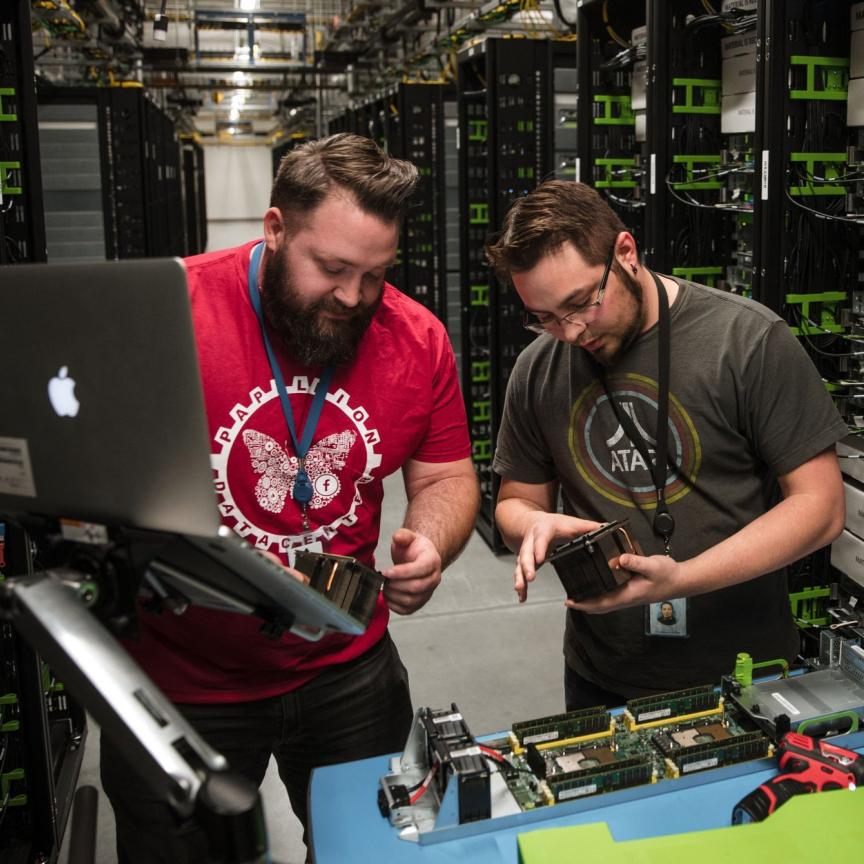Intel is to buy Altera, a maker of programmable logic semiconductors, for $16.7 billion, strengthening its presence in the data centre market.
The Intel board has agreed the deal, which equates to $54 a share in cash for Altera – a premium of 11 per cent over Altera’s closing share price on Friday and 56 per cent from 26 March, the day before the possibility of a transaction was first reported.
Intel, like other chipmakers, has to contend with growth and rising costs, while trying to defend its most profitable business, the large volume data centre market
The largest deal ever in the $300 billion semiconductor business was announced last week when Avago Technologies agreed to buy Broadcom for $37 billion (see Avago Technologies to buy Broadcom for $37B). Intel’s Altera purchase and Avago’s Broadcom deal already make 2015 a record year for semiconductor acquisition.
Intel has been looking for growth beyond the personal-computer market, which has been declining since its peak in 2011. Altera chips are used in a variety of markets, ranging from communications to consumer electronics.
Altera is well known as a manufacturer of field-programmable gate arrays (FPGAs) and other complex programmable logic devices – all of which can have their function updated, even after they’ve been installed in end devices or servers.
Optical equipment vendors Huawei and Ericsson are among Altera’s largest customers.
Intel chief executive officer Brian Krzanich has been trying to find more customers, outside of his own chip business, for Intel’s network of chip fabrication plants which, the company says, is the most advanced in the industry. Up until this point, Altera had been the biggest customer for foundry services.
“The acquisition will couple Intel’s leading-edge products and manufacturing process with Altera’s leading field-programmable gate array technology,” Intel said in the statement. “The combination is expected to enable new classes of products that meet customer needs in the data centre and Internet of Things market segments.”
Acquiring Altera may help Intel defend and extend its most profitable business: supplying server chips used in data centres. While sales of semiconductors for PCs are declining, the data centre market is expanding as the use of data management and analytics increases because more businesses see the benefit of integrating these technologies into their own workloads.
FPGA technology, which mainly comes from industry heavyweights Xilinx and Altera, offers much higher levels of energy efficiency than more general purpose x86 processors.
When the deal is consummated, Altera will become an Intel business unit. Intel expects to close the deal in six to nine months.

